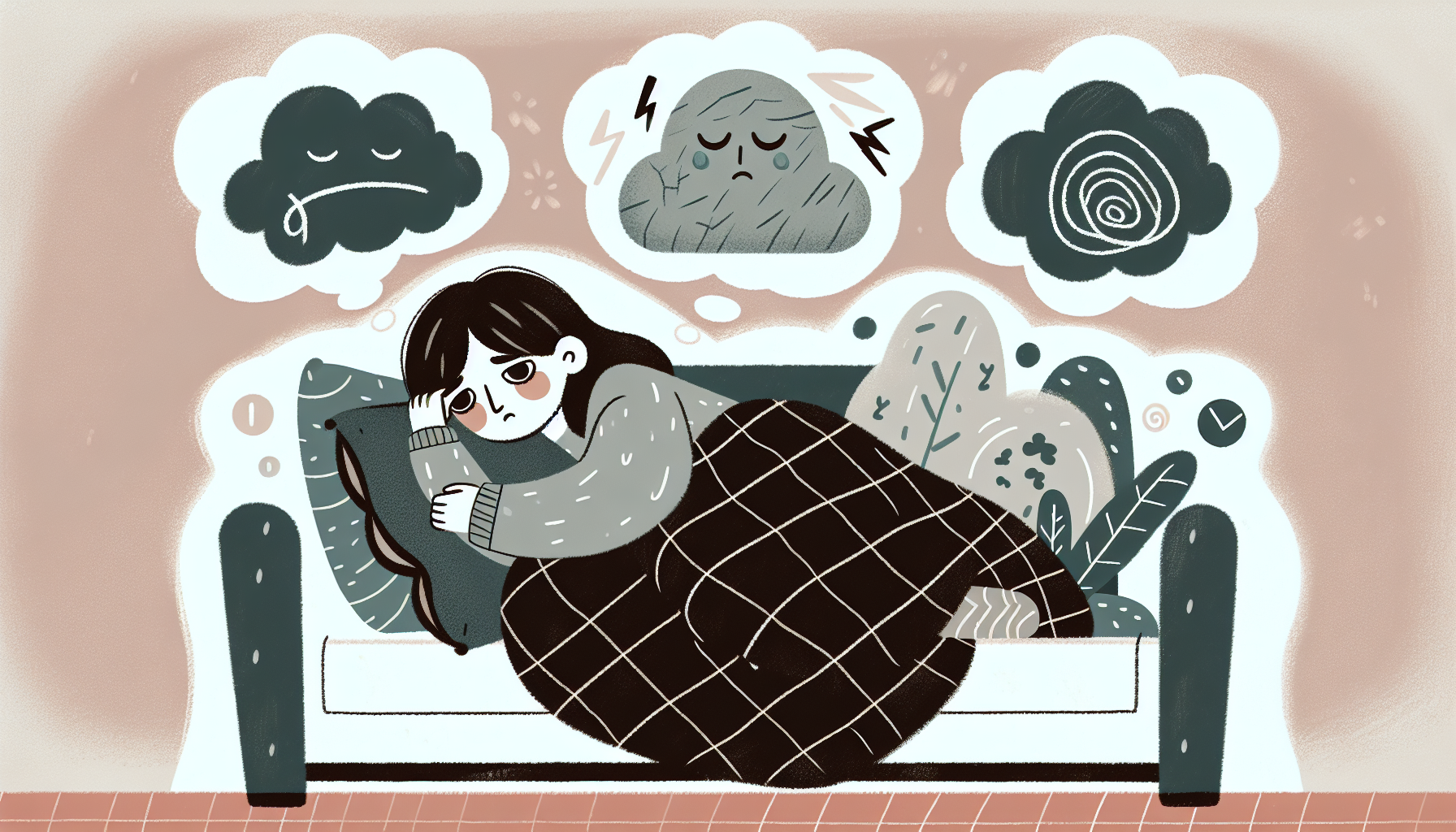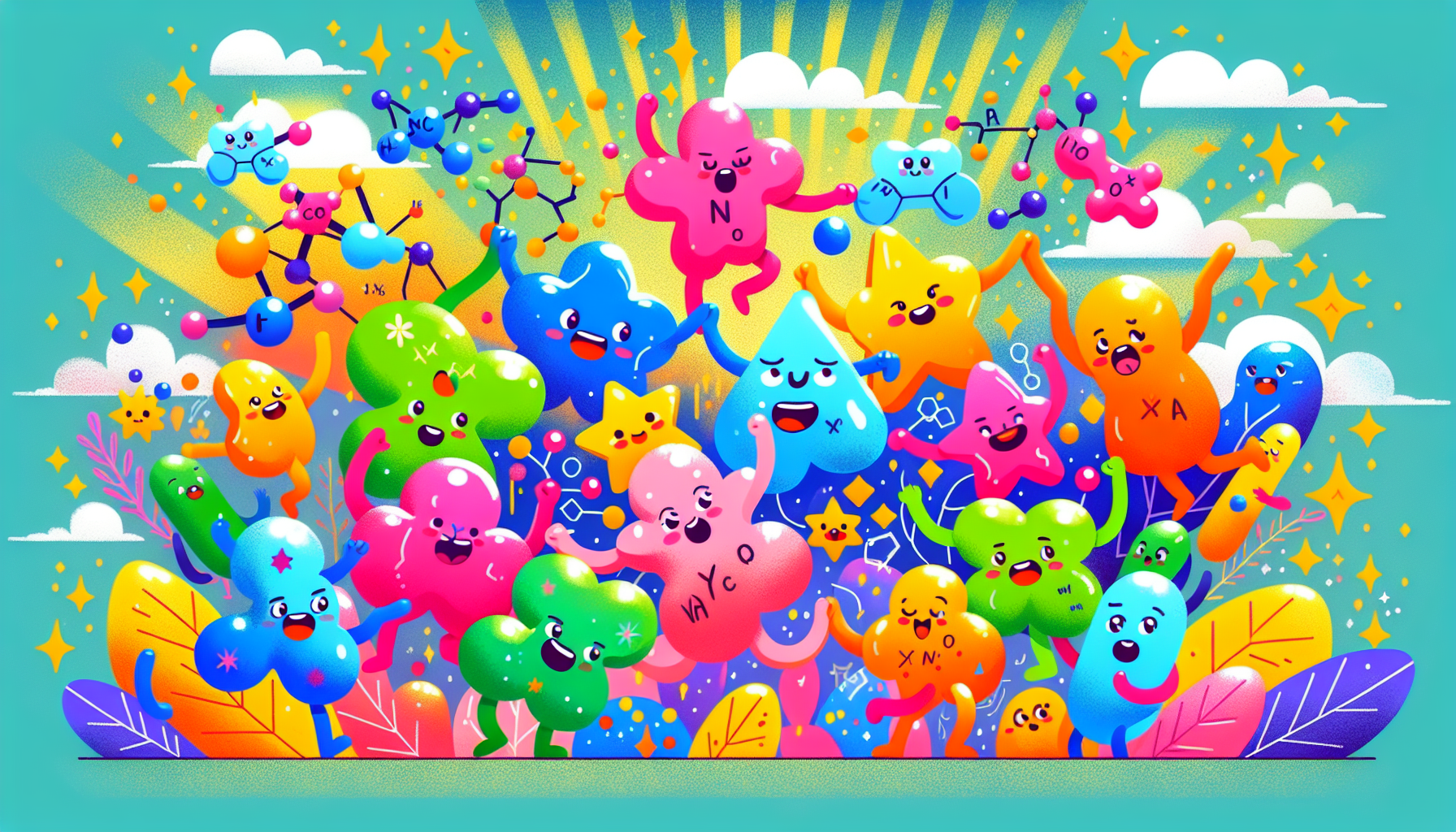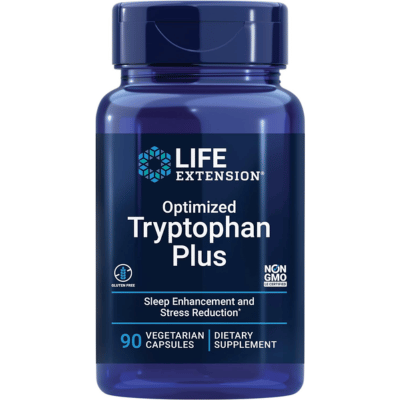Depression has become an increasingly pervasive mental health issue, affecting millions of people across all age groups and backgrounds. As more individuals seek effective ways to manage their symptoms, the conversation around the best supplement for depression has gained significant attention. While no single supplement can cure depression, certain vitamins, minerals, and herbal remedies have shown promise in supporting mental health and alleviating depressive symptoms. It’s essential to understand that depression can manifest differently depending on age, with varying symptoms that require tailored approaches to treatment. By exploring these natural options, you can complement existing treatment plans and work toward a more balanced and fulfilling life.
This guide will explore the top supplements that may help treat depression, from essential nutrients like B vitamins, Vitamin D, magnesium, and zinc to herbal remedies like St. John’s Wort. These supplements are critical in regulating mood, improving brain function, and reducing inflammation, key factors in managing depression symptoms. However, it's crucial to remember that while dietary supplements can support mental health, they should not replace professional treatment. Comprehensive care, including therapy and prescription medications, remains the cornerstone of effective depression management. Let's explore how these supplements can fit into your overall strategy to reduce depression symptoms and enhance your mental well-being.
Key Takeaways
- Depression symptoms vary across different age groups, and recognizing these differences is essential for effective treatment.
- Vitamins and minerals, such as B vitamins, Vitamin D, magnesium, and zinc, play crucial roles in mood regulation and can help alleviate symptoms of depression.
- Supplements can support mental health but should complement, not replace, comprehensive treatment plans, which may include therapy and prescription medications.
Understanding Depression and Its Symptoms

Depression is a mood disorder characterized by persistent feelings of sadness and a lack of interest in activities once enjoyed. Episodes of major depression can occur multiple times in an individual’s life, often with symptoms present most of the day, nearly every day. These depressive symptoms can significantly interfere with daily activities, affecting work, school, and social relationships.
Common symptoms of depression include feelings of hopelessness, irritability, sleep disturbances, and difficulty concentrating. Children and teens may exhibit different symptoms, such as irritability, clinginess, and a loss of interest in usual activities. Meanwhile, older adults might experience depression symptoms like memory issues and fatigue, which can often go unnoticed.
Recognizing these variations helps in identifying depression in its many forms. From mild to moderate depression to severe forms like major depressive disorder and bipolar disorder, understanding the symptoms is the first step toward effective treatment and management.
The Role of Supplements in Treating Depression

Supplements can play a significant role in helping to reduce depression symptoms, especially for those with nutrient deficiencies or mild symptoms. For individuals who cannot take medications or prefer natural alternatives, the right vitamins and minerals may naturally lessen symptoms or enhance the effectiveness of antidepressants.
However, supplements are not a cure-all. They may offer relief for mild or moderate depression, but those with major depressive disorder or severe symptoms should not rely solely on supplements. In such cases, a comprehensive treatment plan, including prescription antidepressants and therapy, may be necessary.
Despite their benefits, the lack of regulation in over-the-counter supplements means their effectiveness and composition can be uncertain. However, it's important to note that many nutraceutical manufacturers rigorously adhere to FDA guidelines and standards. These manufacturers operate under stringent guidelines and manufacturing protocols, ensuring quality from purchasing pure raw materials to third-party analysis of their finished products. Before starting any supplement regimen, consulting with a healthcare professional is still essential to ensure safety and efficacy.
Key Vitamins for Reducing Depression Symptoms
Vitamins are essential in neurotransmitter production, which controls mood and brain function. A deficiency in vitamin B is linked to a higher risk of depression. Low levels of vitamins C and D also increase the likelihood of experiencing depression. Consuming foods rich in these vitamins and supplementing the diet can help improve symptoms of depression.
Here are some essential vitamins that help reduce symptoms of depression.
Vitamin B Complex
The Vitamin B complex, including B6, B9 (folate), and B12, is crucial for mood regulation and neurotransmitter production. Vitamin B6 deficiency can impair the production of neurotransmitters like serotonin and dopamine, essential for mood. Replenishing Vitamin B6 stores is particularly important for those recovering from substance abuse, as it promotes restful sleep, happiness, and calmness, all contributing positively to mental well-being.
Folate (Vitamin B9) enhances the effectiveness of antidepressants and influences the production of serotonin, dopamine, and norepinephrine, which are crucial for mood regulation.
Vitamin B12 deficiency can lead to:
- anemia
- irritability
- depression
- personality changes
This highlights its importance for mental health. Replenishing Vitamin B12 levels may help alleviate symptoms of depression and improve overall cognitive function and mood.
Liquid supplements offer an excellent option for those seeking the full spectrum of benefits from the Vitamin B complex. In our article, "Everything You Should Look for In a Vitamin B Complex Liquid Supplement," we explore why liquid forms of these essential vitamins are so effective. We look at how they provide the complete range of B vitamins in a form easily absorbed by the body, making them an ideal choice for those seeking to support their mental health, boost energy levels, and enhance overall well-being.
Vitamin D
Vitamin D receptors are present in brain regions related to mood regulation. A deficit in vitamin D can increase the risk of depression, making it a critical vitamin for mental health.
Adequate Vitamin D levels through sunlight exposure, diet, or supplements can help reduce depression symptoms.
Vitamin C
Vitamin C contributes to neurotransmitter production, vital for mood regulation and cognitive functions. It also protects neurons from oxidative stress, helping to preserve their function and integrity. Vitamin C supports neurotransmitter production and protects neurons, potentially improving mental health.
Essential Minerals for Mood Disorders

Minerals are vital for mental health and reducing symptoms of depression. Magnesium, zinc, and calcium are essential for brain function and mood regulation.
Here’s how these minerals support mental health.
Magnesium
Magnesium enhances neurotransmitter function and is vital for managing stress effectively. It regulates the stress response and alleviates depressive symptoms. Alcohol and substance abuse can reduce magnesium absorption. This leads to depleted levels of magnesium in the body. Adequate magnesium intake supports mental health.
For those seeking the most effective way to ensure adequate magnesium intake, magnesium bis-glycinate is the most bioavailable form, making it an excellent choice for supplementation. In our article, "Magnesium Marvels: Discover the Five Best Magnesium Bisglycinate Chelate Supplements for Your Wellbeing," we explore the top supplements that offer this highly absorbable form of magnesium. We'll guide you through the benefits of magnesium bis-glycinate and how it can support your mental health and overall well-being.
Zinc
Zinc regulates the brain’s response to stress, and its deficiency is linked to higher depression rates. Zinc supplementation may help reduce symptoms of depression. It can also enhance the effectiveness of antidepressant medications.
Sufficient zinc levels help maintain mental health and cognitive function.
Calcium
Calcium is crucial in mood regulation as it is involved in neuron activity and neurotransmitter release. Higher calcium levels have been shown to improve mood, making it an important mineral for mental health.
Effective Amino Acids for Mental Health

Amino acids are essential for producing neurotransmitters such as dopamine and serotonin that regulate mood. Deficiencies in specific amino acid can affect brain chemical production and potentially lead to symptoms of depression.
Here are two key amino acids that support mental health.
Tyrosine
Tyrosine is crucial for producing dopamine, which is essential for mood regulation. Low levels of tyrosine can lead to symptoms of depression, highlighting its importance for mental health.
NOW Supplements L-Tyrosine offers an excellent option for those looking to support their mental health with a high-quality tyrosine supplement. This supplement is crucial for producing neurotransmitters like dopamine, adrenaline, and noradrenaline, vital for mood regulation and mental alertness. Additionally, it supports healthy thyroid function, contributing to overall well-being. NOW Supplements L-Tyrosine is pharmaceutical grade and free from common allergens like dairy, gluten, and soy. Packaged in the USA by a family-owned company with a commitment to quality for over five decades, this supplement is a reliable choice for those seeking to alleviate depressive symptoms and enhance mental clarity.
Tryptophan
Tryptophan is crucial for serotonin synthesis, which is linked to mood regulation and the alleviation of depressive symptoms. Higher serotonin levels, promoted by sufficient tryptophan, can lead to improved mood and reduced symptoms of depression.
Life Extension's Optimized Tryptophan Plus is a high-quality supplement that can make a difference for those looking to boost their serotonin levels and support mental health. This supplement provides the essential amino acid tryptophan, crucial for serotonin production, which is linked to mood regulation and restful sleep. Life Extension's formula also promotes satiety and helps your body respond to stress, making it a well-rounded option for overall well-being. With a commitment to using only the finest raw ingredients, this non-GMO, gluten-free supplement is manufactured in the USA to ensure quality and purity. It's an excellent choice for those seeking to naturally enhance their mood and mental health.

L-Tryptophan Supplement with Niacin and L-Lysine for Healthy Sleep & Stress Response
Herbal Remedies for Mild Depression

Specific herbal treatments can relieve mild to moderate depressive symptoms. Natural remedies, including specific herbs, can help alleviate these symptoms and treat depression symptoms.
Here are two effective herbal remedies.
St. John's Wort
St. John’s Wort is used to reduce symptoms of mild depression and may be as effective as some prescription antidepressants for mild to moderate depression. However, St. John’s Wort interacts with many prescription medications, so it should be used under medical supervision.
Rhodiola Rosea
Rhodiola Rosea is known for its adaptogenic properties, helping the body cope with stress and maintain balance. Rhodiola Rosea helps balance stress responses, potentially improving overall mood and mental wellness.
It may help alleviate symptoms such as depression, anxiety, and fatigue.
Omega-3 Fatty Acids and Brain Health
Omega-3 fatty acids, found in supplements like fish oil, have shown promise in alleviating symptoms of depression. They significantly improve symptoms of depression by interacting with neurotransmitters and having anti-inflammatory properties. Omega-3 fatty acids form the structure of brain and nervous system cells, playing a crucial role in brain function.
Omega-3 fatty acids may enhance serotonin transmission by modifying cell membrane properties improving mood and cognitive function. Including foods high in omega-3s or fish oil supplements can support mental health and reduce depressive symptoms.
For anyone committed to a plant-based diet, it's crucial to know the outstanding plant-based Omega-3 supplements available. Our article, "From Algae to Awesomeness: Five of The Best Vegan Omega-3 Supplements You Need to Know," is an invaluable guide that will support you on your journey.
Lifestyle Changes to Support Supplement Use
Exercise and a nutritious diet are crucial for managing depression alongside any supplement regimen. A balanced diet rich in proteins, fibers, and healthy fats helps stabilize blood sugar levels, benefiting mood regulation. Regular physical activity can enhance mood and amplify the effects of supplements for depression.
Mindfulness practices, such as meditation and yoga, reduce stress and improve mental clarity, supporting the effectiveness of dietary supplements. Adequate sleep promotes mental health and enhances the body’s response to supplements designed to alleviate depression.
Incorporating activities that provide a sense of achievement, like exercise, can positively impact mental health. A holistic approach that includes lifestyle changes can lead to better management of depressive symptoms and overall well-being.
When to Consider Prescription Medications
Consulting a healthcare professional before starting any supplement is crucial to avoid adverse interactions. This is especially important for those already taking medications, as some supplements, like St. John’s Wort, can interact with many prescription medications and reduce their effectiveness.
For moderate to severe depression, prescription medications may be necessary. Supplements can support mental health but should not replace prescription antidepressants or other medications prescribed by a healthcare provider. A comprehensive treatment plan, including therapy and lifestyle changes, is essential for effective management of depression.
Wrapping Up With Some Final Thoughts on Depression
Depression is a multifaceted mood disorder that demands a holistic approach for effective management. While supplements—ranging from vitamins and minerals to amino acids and herbal remedies—can significantly alleviate depressive symptoms, they should be integrated into a comprehensive treatment plan.
Incorporating lifestyle changes, such as regular exercise, a balanced diet, and mindfulness practices, can amplify the benefits of these supplements. Ultimately, consulting with healthcare professionals and considering prescription medications when necessary is crucial.
Taking proactive steps towards mental health, including exploring the best supplements for depression, can pave the way to improved well-being and a brighter future.
By weaving these elements together, you can create a more engaging and hopeful narrative encouraging proactive steps toward mental health.
Brief Answers to FAQs
Can supplements alone treat major depressive disorder?
Supplements alone cannot effectively treat major depressive disorder; they may aid in alleviating mild to moderate symptoms but should be incorporated into a comprehensive treatment plan that includes medication and therapy for severe cases.
Are there any risks associated with taking St. John's Wort?
St. John's Wort carries risks due to its potential to interact with various prescription medications, which may reduce their effectiveness. Always consult a healthcare professional before starting its use.
How does Vitamin D deficiency affect depression?
Vitamin D deficiency can significantly increase the risk of depression due to the presence of Vitamin D receptors in brain areas that regulate mood. Ensuring adequate Vitamin D levels may support better mental health.
Can lifestyle changes alone manage depression?
Lifestyle changes can indeed improve mental health significantly, but for effective depression management, they should ideally be combined with other treatments, such as therapy or medication.
What role do omega-3 fatty acids play in mental health?
Omega-3 fatty acids play a crucial role in mental health by significantly improving depression symptoms through their positive effects on neurotransmitters and their anti-inflammatory properties. Incorporating omega-3s into your diet can support overall emotional well-being.
Thank you for joining us in this discussion of the best supplements for depression. If you want to add to your library of knowledge and are interested in diving deeper into some of the supplements mentioned in this article, you should check out the links above. It could be a huge time-saver - you won't be sorry you took a look.
And remember to check back with us often for information on many other natural supplements and vitamins!
*We are not qualified medical advisors. The content here is only based on our personal opinions and research and should NOT be used as a substitute for a healthcare professional's advice!
**This site contains affiliate links. We may earn a small commission through links in this post.












Member discussion